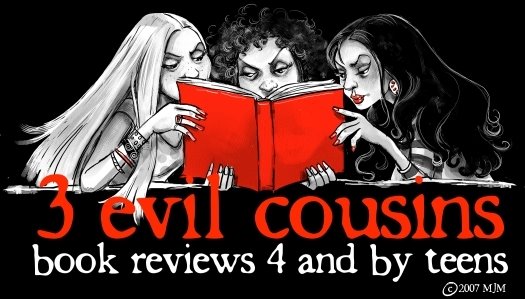But the empire is not alone in the galaxy. The Rix are a civilization of cyborgs, and their domain lies just outside the Risen Empire. The Rix have no leader and no culture. They are a Spartan civilization with only one goal- to propagate an artificially intelligent “compound mind” across the digital network of every populated planet. They worship these minds just as Imperial citizens worship their emperor. Because of this, the Empire and the Rix are constantly on the edge of war. As the novel opens, the Rix have succeeded in capturing the Child Empress, and in planting a compound mind on the planet Legis XV, the location of the Imperial palace.
Captain Laurent Zai is in command of the most powerful starship in the Empire- the Lynx. He has been assigned the task of rescuing the Empress, and the penalty for failure is death by ritual suicide. Light-years away, a senator named Nara Oxham is also becoming entangled with the Rix conflict. Together and apart, destinies closely intertwined, they must both find a way to succeed, or perish in the rising tide of war.
What can I say? It’s by Scott Westerfeld; therefore, it’s amazing. The plot was truly original, which is hard to find in sci-fi these days, and the major cliffhanger at the end left me craving the sequel. Though I don’t think The Risen Empire is actually YA, it reads like one, with cool plot twists and exciting action. The book also makes use of flashbacks and multiple points of view- both common narrative devices, but this time, they’re actually done well. All the events in the book- military, political, dramatic, and romantic- are well executed and convincing.
The real genius of this book, though, was in the details. Scott Westerfeld has managed to convey a vast world with minute precision. Everything, from microspaceships to smartalloy bullets to induced synesthesia to the four types of gravity, is described with a ridiculous amount of detail. While reading this book, I didn’t just feel like I was there. I felt like I knew absolutely everything there was to know about the Rix, the Empire, everything. I was a military officer, a scientific expert, a master pilot, a Rixwoman, and a politician. The world that Scott-la has created is so real, down to the last nanometer.
Strangely enough, this book’s biggest strength is also its biggest downside. Plotwise, it tended to forgo explanation in favor of action, and several times, I found myself rereading the same passage three or four times, trying to figure out what in heaven’s name it was talking about. Most of the cool made-up technical and political jargon is just thrown in there, and explanation comes much later, if at all. I have to admit, the book was more than a little hard to follow. And be warned- it’ll be even harder to follow without a little knowledge of physics, relativity and quantum mechanics.
Still, though, once I figured out what was going on, I enjoyed The Risen Empire enormously. This book has it all- futuristic technology, political intrigue, romance, secrets, lies, cyborgs, undead cats, and obscure, geeky allusions, all woven together in a captivating story. I loved Laurent Zai, Nara Oxham, Rana Harter, H_rd, Alexander, and yes, even the Emperor. I loved it all. I can’t wait for the sequel. Four and a half sixteen-molecule-wide monofilament daggers.
Yours,
Tay


